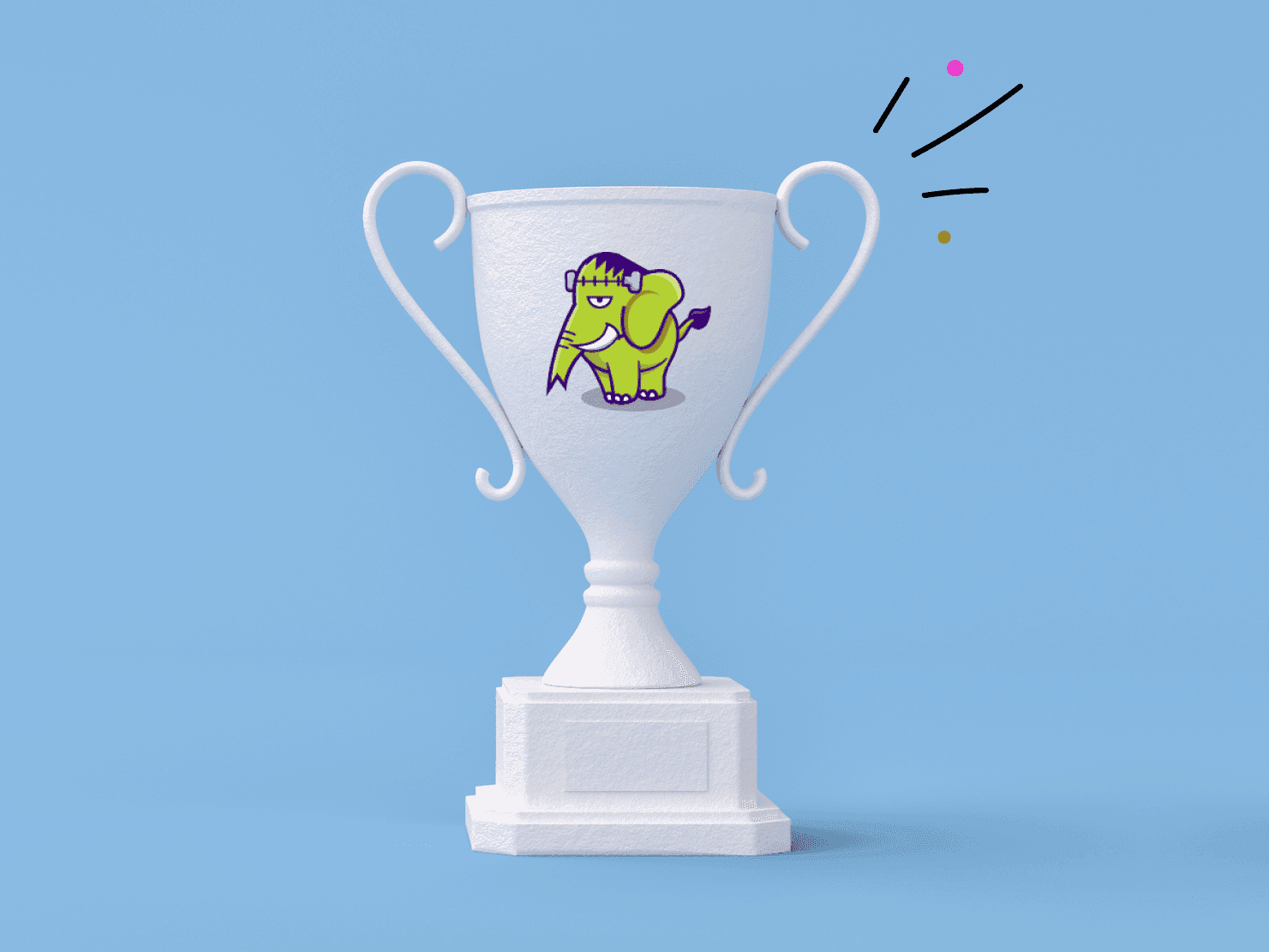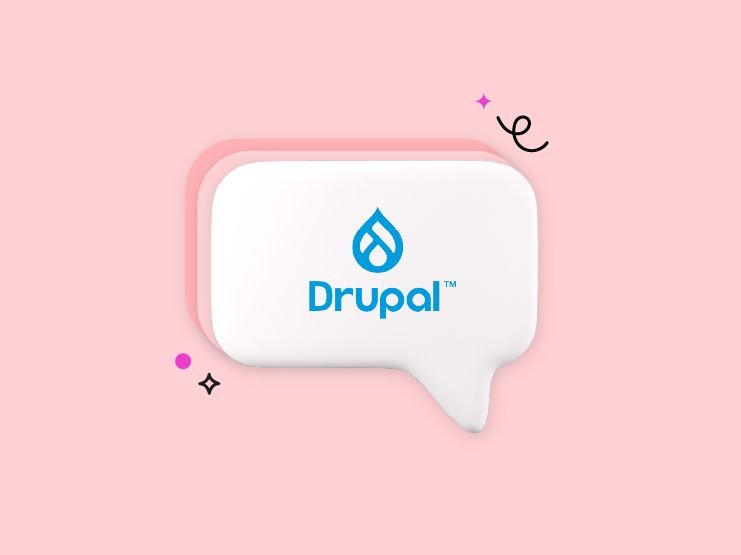Platform.sh removes a major pain point for developers: having to invest time in managing servers, virtual machines, or containers. Instead, Platform.sh enables developers to focus 100% of their time on their code. Since the beginning, Platform.sh has provided instant cloning capability, so dev teams can work on perfect copies of their production sites in the cloud for every Git branch.
Now, in partnership with Lando, we’re extending that capability to the desktop. Lando simplifies local development the way Platform.sh simplifies the cloud--replacing DevOps drudgery with declarative infrastructure.
Platform.sh and Lando have embarked on a long-term partnership to tightly integrate the two products.
What the Lando and Platform.sh partnership means
Platform.sh and Lando will enable developers to synchronize their development work easily between their local environments and the cloud. Start new projects with a command, download from Platform.sh, work locally, and push changes back. All with the simple configuration and automation devs expect from Platform.sh.
While Lando and Platform.sh have worked together informally in the past, this official partnership means Lando and Platform.sh have committed to a multiyear roadmap of close integration. That integration means developers will have a bulletproof toolchain that extends from their laptops to the cloud and back, covering all the web projects in their fleet.
What features will be available to Lando and Platform.sh users?
With the newly developed functionality, users will be able to:
- Pull a project from Platform.sh into their local Lando environments
- Pull and push all of the application components (code, database[s], and files) between their Platform.sh project and Lando
- Run Platform.sh build and deploy hooks
- Create a new Platform.sh project from a local Lando project
When will the new Lando and Platform.sh integration be available?
We’ll be rolling out features progressively throughout this year, beginning this spring.
In the coming months, we’ll support Drupal, WordPress, Magento, eZ, and Node.js projects as well as our data services, including MariaDB, MySQL, PostgreSQL, Redis, Elasticsearch, Memcached, Solr, MongoDB, and Varnish.
In the meantime, check out our current documentation on using Lando for local development of Drupal 8.
How do I stay informed about the project?
The best way to get the latest from our teams about the Lando and Platform.sh project is to subscribe to the Platform.sh newsletter. We’ll also be posting periodically on the Platform.sh blog with new feature announcements and how-tos.
 Switching to Platform.sh can help IT/DevOps organizations drive 219% ROI
Switching to Platform.sh can help IT/DevOps organizations drive 219% ROI Organizations, the ultimate way to manage your users and projects
Organizations, the ultimate way to manage your users and projects





